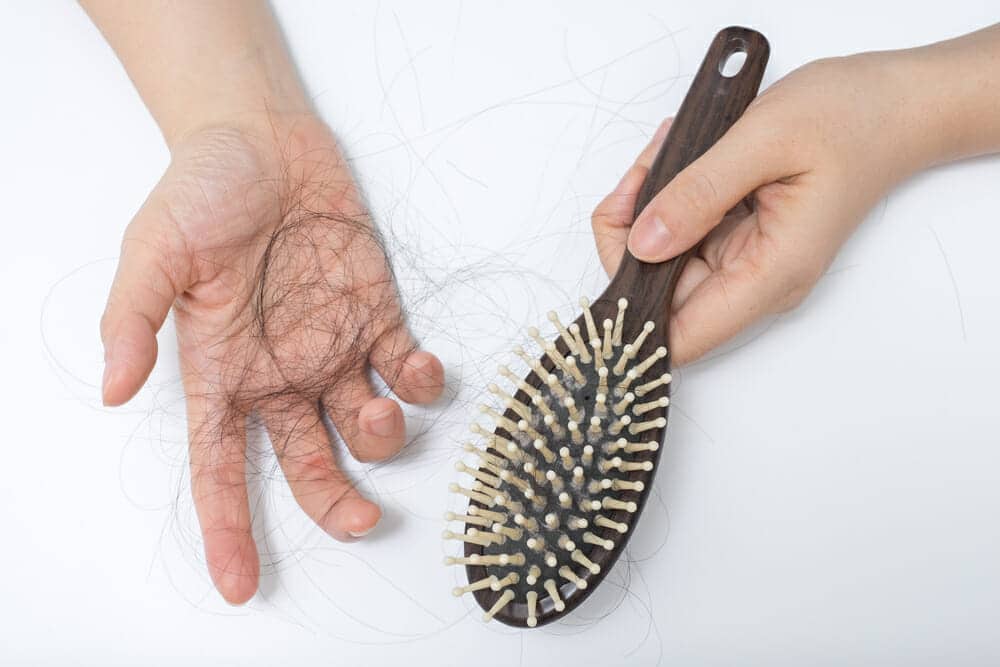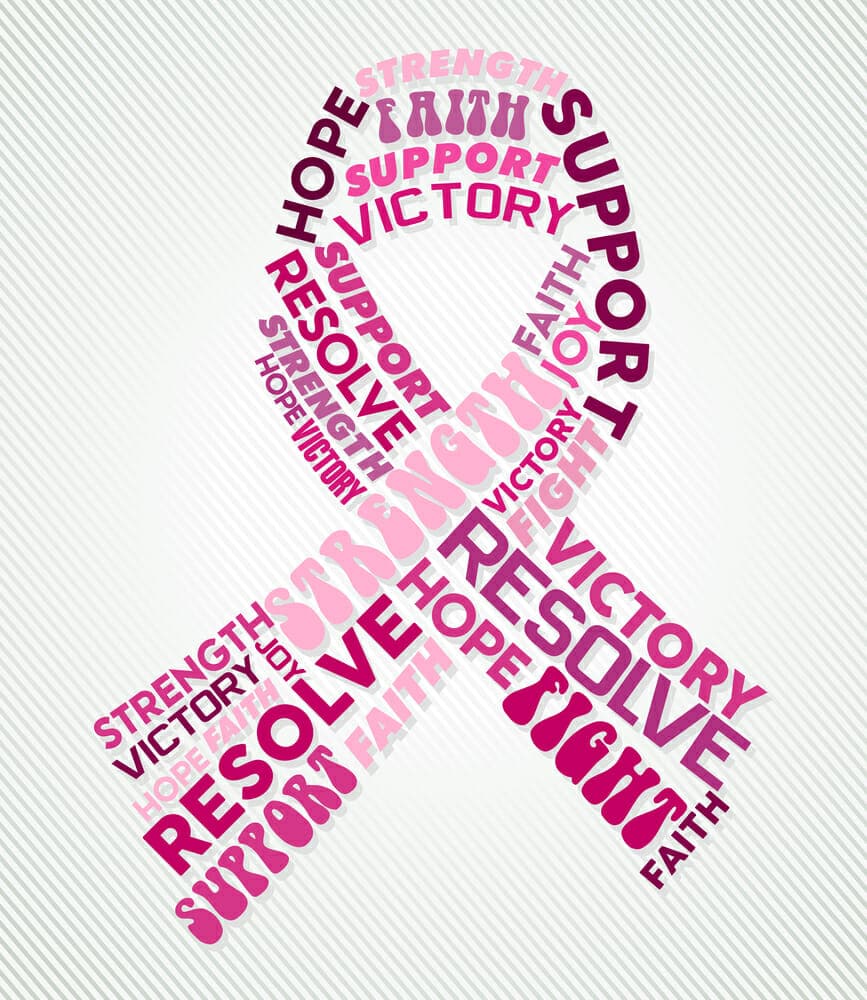A Nation Starved of Nutrition
An individual’s quality of life is directly impacted by a healthy, well balanced diet, however, knowledge of what that entails or how to obtain one is limited for so many. Availability of educational resources relating to nutrition is particularly scarce among the lower socioeconomic sector of Americans. Unsurprisingly, that same class contributes the most to […]





